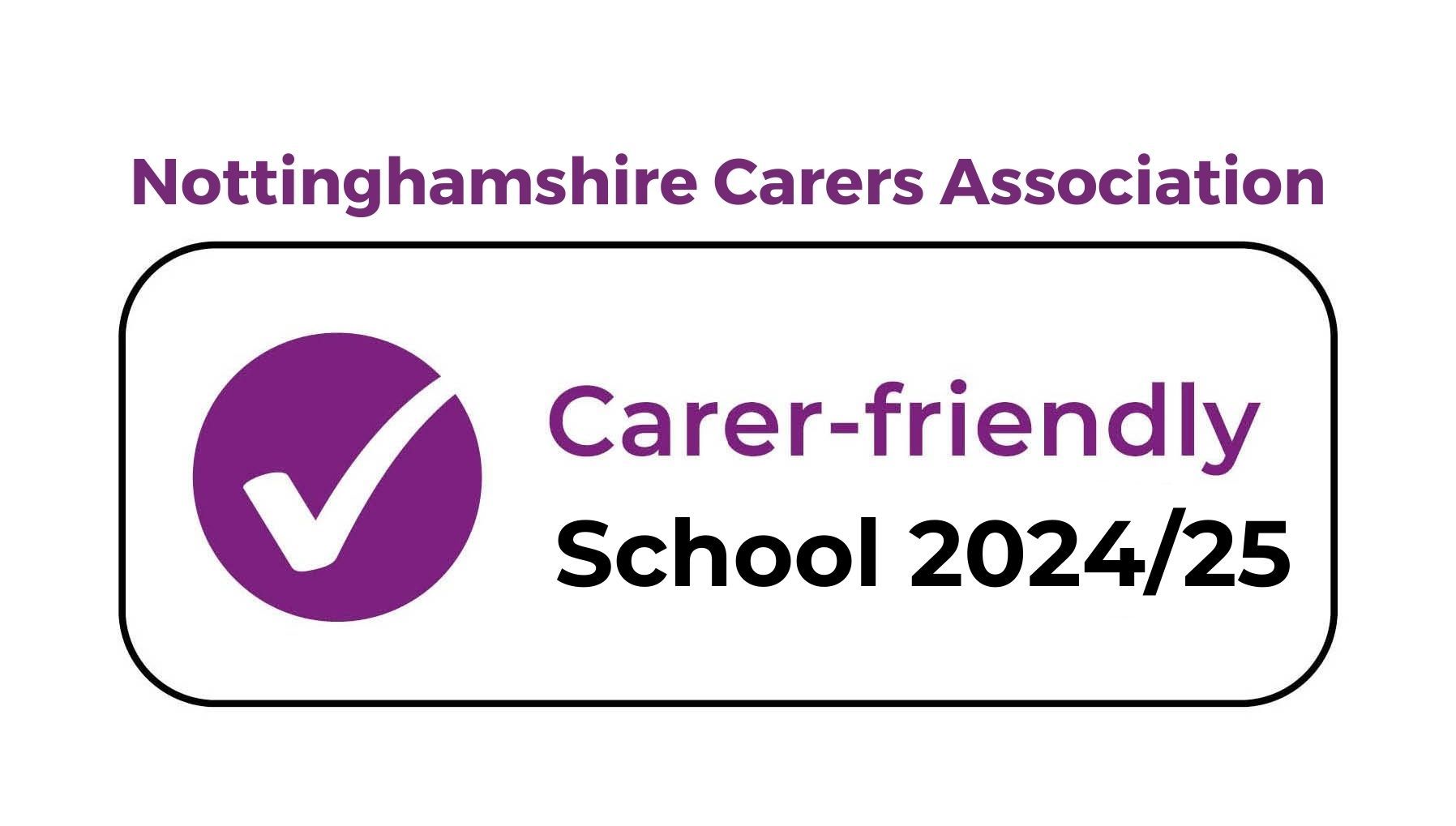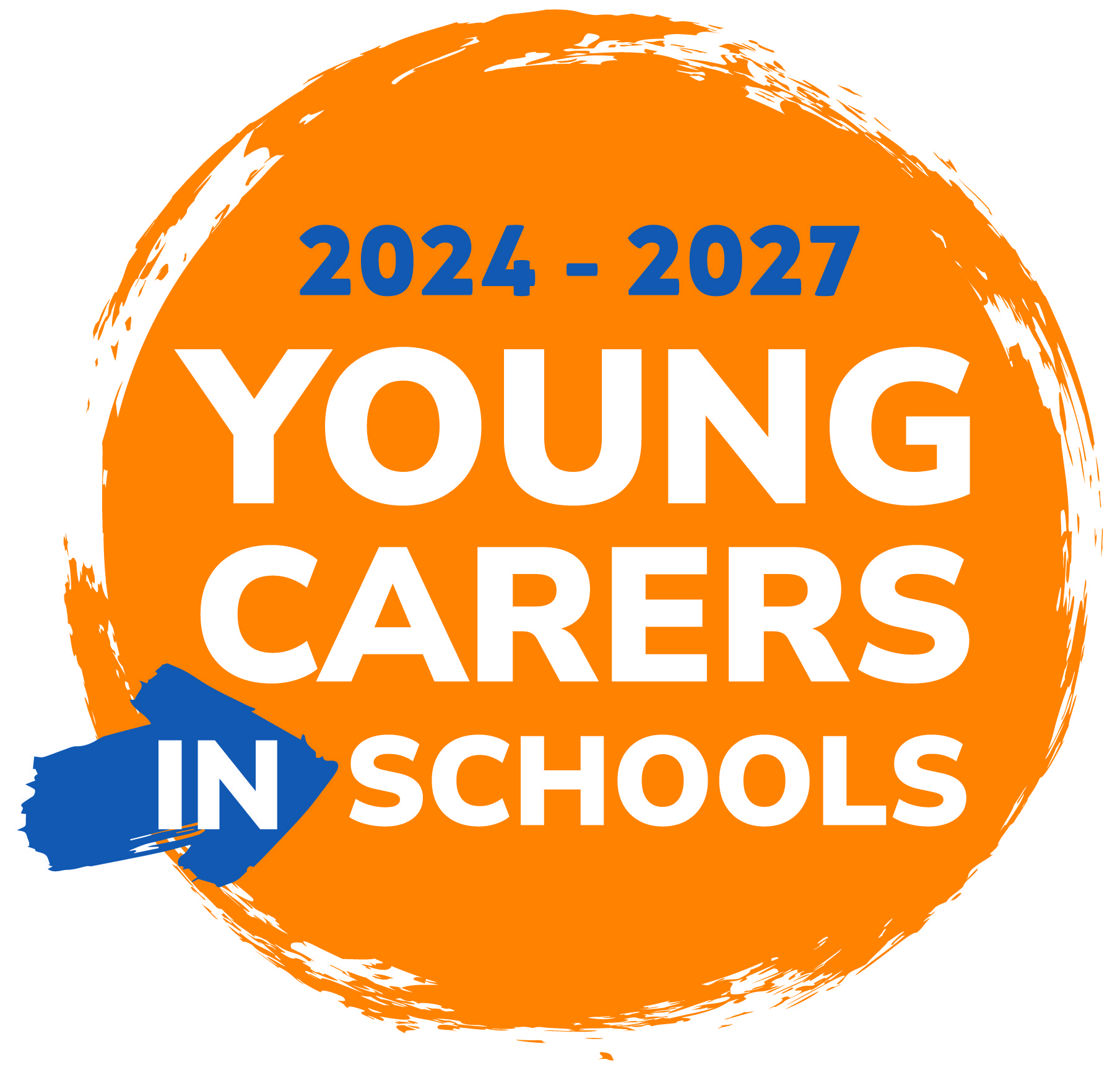Key stage 3
All students study French at key stage 3. At the end of year 9, students will have the opportunity to study French as part of their options which opens-up the opportunity to study A Level French as part of our sixth form provision.
Having a GCSE in a foreign language opens-up more employment opportunities as many professions and international companies need employees who can speak a foreign language; they will often pay a higher salary for this skill. It is also looked upon very favourably by universities. Throughout the 5 years, we develop core skills for the subject and beyond, such as resilience, perseverance, oracy and the ability to communicate freely and understand others.
Throughout both key stages, we look at the differences and similarities between languages and cultures, we develop translation skills by looking at cognates and near-cognates and by reinforcing the importance of committing to a regular programme of vocabulary learning. We use grammar terminology from the outset, and we believe that by teaching a foreign language we are also supporting in the development of students’ English literacy skills. Recall of previous teaching is part of our day-to-day teaching with the aim to ensure that key concepts are embedded in long-term memory to ensure that students apply them fluently across other units of study.
Aims of the subject
We aim to:
- foster enjoyment of language learning and broaden students’ knowledge and understanding of the world in which they live in
- to encourage our students to take pride in their journey to become independent, ambitious, accomplished linguists
- build cultural capital by exposing students to aspects of French society, culture, media and literature. This is particularly important in our ever-growing multicultural and diverse society; it encourages students to develop a more outward looking view to life
- enable students to articulate their viewpoint on a wide range of topics
- deliver a recursive curriculum, which builds on the skills taught in previous years
- build on exam skills and techniques.
As a result of their learning students will be able to:
- understand spoken and written material in the target language
- respond to questions on a range of topics
- have a more in-depth understanding for English grammar
- improve memory, reading and listening skills
- improve student understanding of their own culture and be able to draw comparatives
- offer their point of view on cultural concepts
- improve confidence
- become self-reliant and more independent learners.





